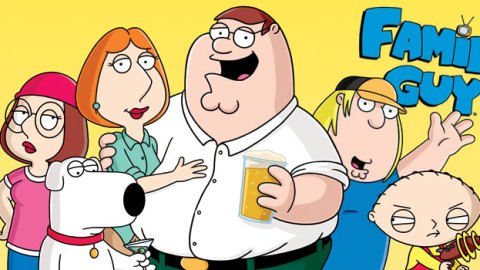How Advertisers Stopped Caring and Learned to Love Ridicule

In Hollywood programming, rival brands can come together in a number of ways. There is the traditional cross-over cross-promotional episode. Think Flintstones meet the Jetsons or the Simpsons meet the Critic. Then there is the public lampooning of one brand by another. These used to result in lawsuits, but could soon become the sensational new television model.
The potential turning point that made a good-natured, tongue-in-cheek homage suddenly turn into positive marketing was the high-profile lawsuit between Disney and the producers of Family Guy. The infringement suit stems from an old episode of the show entitled “When You Wish Upon a Weinstein.” Taken from the Disney classic “When You Wish Upon a Star,” the episode almost immediately inspired a Disney lawsuit.
The lawsuit was thrown out this past march after the judge claimed Family Guy producers were within their rights to spoof the song in the episode, which originally aired in 2003. While this suit made the rounds in court, the Weinstein episode became a huge hit, even being performed live onstage by Family Guy’s cast. What’s more, the episode gave a much-needed contemporary context to a song that was originally released by Disney in 1940.
With the lawsuit out of the way, shows like Family Guy have seen fit to poke fun at countless other brands, who have been more than happy to be in on the joke. The most recent Family Guy episode on Fox made fun of countless other prime-time shows, receiving the blessing from rival networks, including CBS, NBC, and MTV. At the same time, the show has been criticized openly on rival programs, including Comedy Central’s South Park, which further expanded the profile of a program that not all that long ago was cancelled twice by Fox.
In the world of advertising, it has opened a new era of counter-advertising that has been brutal at times. Microsoft and Apple have spent the past few years lobbing bombs at one another through their advertising. And just look at 30 Rock. Subsequently, market share for both companies has actually dropped over that period. So it’s hard to say if the negative ads have proven successful or not in terms of sales. But they’ve definitely proven entertaining.





